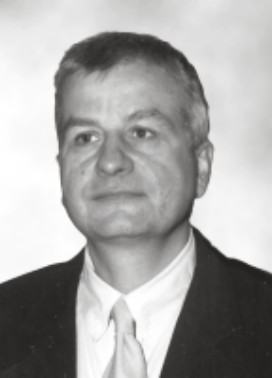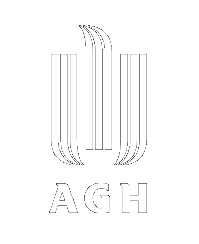Prof. dr hab. inż.
Head

Building C-3, room 505
tel. +48126173435
kos(at)agh(dot)edu(dot)pl
Consultation: Wednesday 13:00 – 13:45
Andrzej Kos (kos(AT)agh(DOT)edu(DOT)pl, http://scalak.elektro.agh.edu.pl) Full Professor since 2003. Received his MSc. diploma and PhD degree in electronic engineering from the AGH University of Science and Technology, Kraków, Poland in 1978 and 1983 respectively, his D. Sc. (D. Hab.) also in electronics from the Technical University of Lodz in 1994. His research interests include physical layer of information technologies, particularly design of low-energy nano- and micro-systems. Since 1995 he has been a head of the Nano and Microsystems Division at AGH University of Science and Technology. He is a member of many national and international scientific committees, e.g. Committee of Electronics and Telecommunication at Polish Academy of Science (PAN). Since 1999 he has been an active expert for European Commission. He has joined the Group of Experts for International Affairs of the Polish Ministry of Science and Higher Education in 2008. He was a member of the Electronics Division (T11) at State Committee for Scientific Research (KBN). He has been a chairman or member of Program Committees Scientific International Conferences IEEE, ICSES, IMAPS, MIXDES, ELTE, NTI, a contractor of many research projects paid for by State Committee for Scientific Research, Ministry of Science and Higher Education, European Commission and the NATO. He has implemented the original measurement-control system for machinery industry and the thermal prosthesis for the blind. He was a coordinator of 3 educational TEMPUS projects. He has been a co-creator of ADEC center (National Center for ASICs Design) and coordinator of ERASMUS activities in cooperation with UK (University of East Anglia), Belgium (Ghent University), France (Ecole Centrale d’Electronique, Paris) and Greece (Aristotle University of Thessaloniki). He has published more than 270 articles, conference reports and two books.
The main fields of interest: VLSI/ULSI Design, SoC, Embedded Systems, Micro- & Nano-systems, Thermal issues, High Speed Computation Hardware, Computing Acceleration, Green Energy, Zero Power Systems, Bioengineering, Artificial Intelligence, Medical Equipment, Equipment for disable people, Reliability, Sensors & Education.
